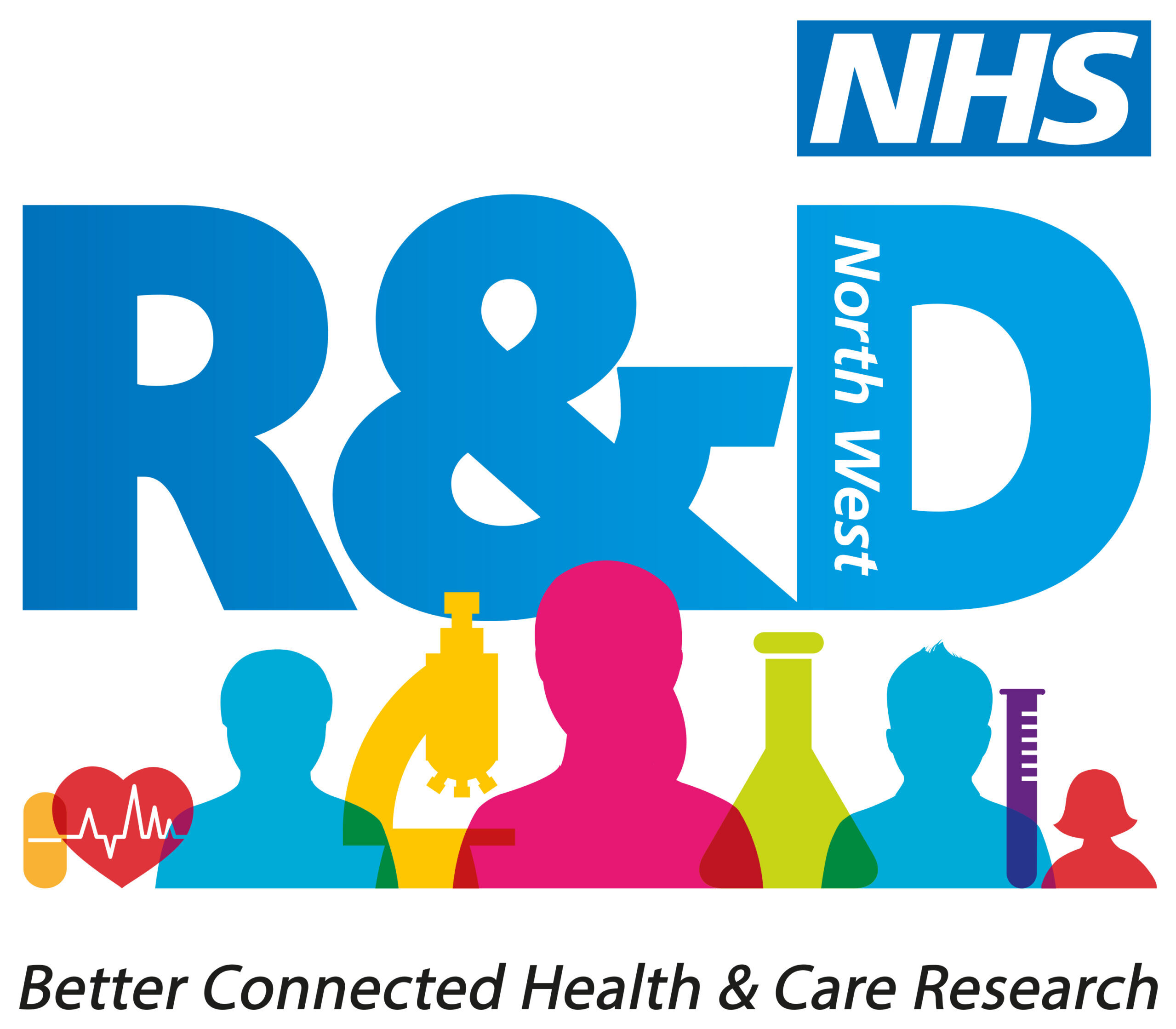Academic career enablers, barriers and aspirations of nurses, midwives and AHPs in the North West
NHS R&D NW were commissioned by NHS England, on behalf of the NW Council of Deans of Health, to undertake a study into interest in and experiences of research, teaching and learning amongst nurses, midwives and allied health professionals (NMAHPs) in North West England, as well as the enablers and barriers to pursuing careers in these areas.
The study was driven by a need to build the capacity and sustainability of the academic workforce to meet demands for educating the next generation of healthcare professionals and the research needed to improve health and care. To develop a regional strategy to prepare, support and grow the NW NMAHP academic workforce, we first needed to understand more about the research and teaching experiences and interests of NMAHPs in the region.
Surveys targeted at NMAHPs and leaders supporting NMAHP workforce development were informed by insights from a focus group with the NW Council of Deans of Health and a desktop literature review. 174 NMAHPs completed the survey, with 40 going onto be interviewed. This work identified a regional pool of NMAHPs with qualifications, experience, knowledge and skills in research and/or teaching and learning.
In addition, we found that:
75% of NMAHPs surveyed are interested in a research career and 65% in a teaching and learning career [1].
71% are interested in a combined clinical and research position and 67% in a clinical, research and teaching role.
[1] Percentages are based on the number of responses to each question.
A lack of desirable employment contracts/posts is the number one barrier to pursuing an academic career
Participants highlighted limited opportunities for long-term career progression with few clinical academic/combined posts within the NHS or as joint appointments with a university.
Increasing financial support and incentives was the most frequently chosen enabler
Potential financial penalties was the second most common barrier to pursuing an academic career; concerns included pensions, salaries, career progression, job security, and funding availability.
Nearly half of respondents reported that they had received no careers advice in research and/or teaching, with over 50% indicating that they did not know/were not sure where to go to in future.
A lack of protected time, managerial support and organisational commitment to nurturing an NMAHP-led research culture are key challenges to pursuing an academic career.
Inequalities in the availability and, in particular, the accessibility of academic development and career opportunities within and between organisations, regions and professions were highlighted.
Key Insights
The project concluded with a series of recommendations including but not limited to:
- Building partnerships between higher education institutions and NHS organisations to share resources, develop joint strategies and workforce planning, long-term funding models and NMAHP clinical academic pay scales.
- Increasing opportunities to combine clinical and academic work, including more joint clinical academic posts and protected time to engage in research and/or teaching.
- Creating a clear clinical academic career pathway including posts at early, mid and later career stages and flexibility to move between clinical, research and/or teaching-focused positions.
- Developing more accessible, introductory initiatives to promote and encourage NMAHPs to learn more about research and/or teaching.
- Clearer information, signposting and guidance on pursuing an academic career including increasing access to mentorship and enhancing the visibility of NMAHP role models in these areas.
- Helping NMAHPs to build networks and develop the resilience needed to pursue an academic career.
- Undertaking further work to understand specific career progression barriers for under-represented groups.
- Supporting healthcare managers to develop their knowledge and understanding of the value of NMAHP academic work and find practical ways of enabling clinicians to access training and development in research and/or teaching.
The full report and summary is available below, as well as a poster highlighting key findings from the project.
We are keen to hear your views, please email us at info@researchnorthwest.nhs.uk.


